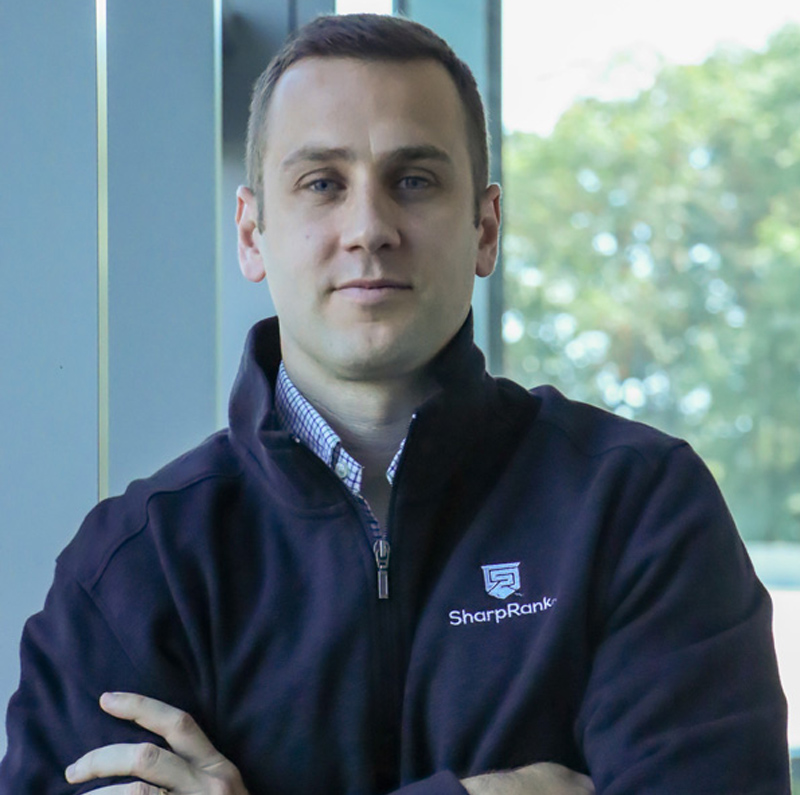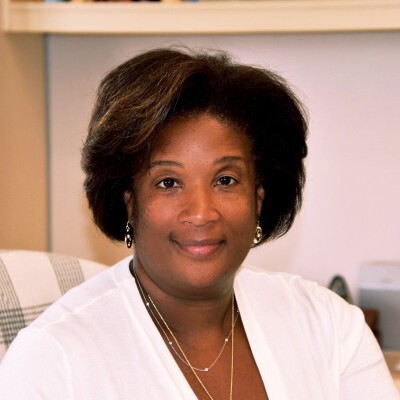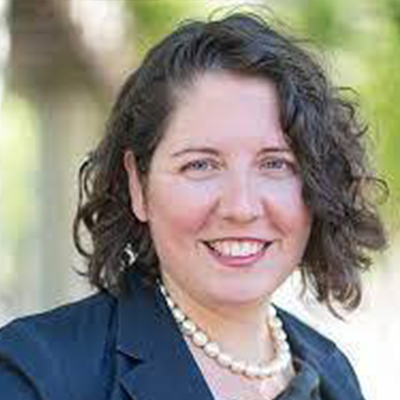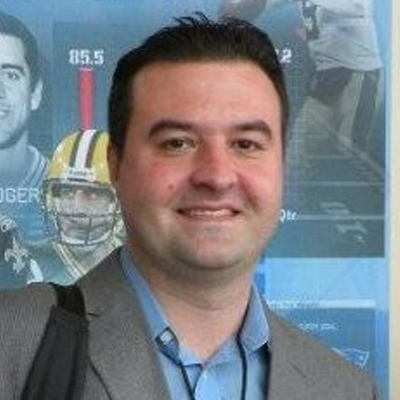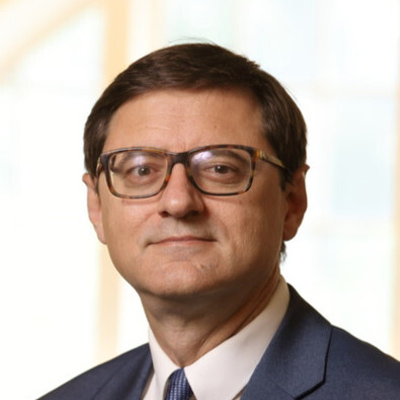 Driving home from the beach in 2019, a radio ad touting an expert making statistically impossible claims about his ability to correctly predict outcomes of sporting events, guaranteeing the listener returns because the outcomes were fixed, and using the phrases “risk-free” and “insider information” did not sit well with the SharpRank founders. Coming from the financial services industries, had the founders guaranteed investors returns based on inside information, their licenses would be stripped, they would most likely be fined or face prison time, and would have a tough time ever working in the industry again. For the rest of the ride home, they discussed the dissonance between this new industry, sports betting, and their own, financial services.
Driving home from the beach in 2019, a radio ad touting an expert making statistically impossible claims about his ability to correctly predict outcomes of sporting events, guaranteeing the listener returns because the outcomes were fixed, and using the phrases “risk-free” and “insider information” did not sit well with the SharpRank founders. Coming from the financial services industries, had the founders guaranteed investors returns based on inside information, their licenses would be stripped, they would most likely be fined or face prison time, and would have a tough time ever working in the industry again. For the rest of the ride home, they discussed the dissonance between this new industry, sports betting, and their own, financial services.
The differences between the two industries were staggering. Financial services professionals, like investment bankers, required licensing, exams, background checks, compliance, fingerprints, etc. Acting as a sports betting expert, content creator, or influencer, privately or publicly, required none of this. As they dug deeper they noticed an oddly familiar structural deficiency – one that the financial industry had already been forced to address – conflict of interests, lack of firewalls, and missing third party checks and balances. Just like early 2000s when a financial instiution co-mingled trading and research/recommendations, sports betting’s unchecked gap, had an identical mesh point: a trading floor (a sportsbook/operator) under the same roof as the research/recommendation engine (the content). Market manipulation, erosion of consumer confidence, and outright fraud could exist from this type of structural flaw. As has been said many times, “history does not repeat itself, but it does rhyme”.
In order for markets to grow and mature, structural stability needs to be rooted in consumer trust and protection. Engagement is a function of consumer protection and consumer protection is a function of appropriate checks and balances. Consumer protection is not a throw away word, it is a tangible practice leading to quantifiable outcomes. The founders realized their value to this emerging market was not a nice to have it was a necessity for its evolution. This would be an institutional and moral responsibility to the market. SharpRank would do it.
For the next 8 months they built the team, worked with PHDs in statistics and data science, built the technology from the ground up, and executed the early stages of the business model in addition to their “day jobs”. And in early 2020, in the face of the “do one or the other, or risk failing at both” dilemma, they doubled down on themselves and went full time on SharpRank.
Since then the industry conversation has bent sharply toward consumer protection State officials who thought it prudent to legalize online sports betting for their constituents must continue ensure a reasonably safe market place. Gambling and betting on games is, by its own definition, a risky endeavor. However, as the market matures, we are faced with new, blurry partnerships between operators, content creators and media influencers. One is left to wonder whether an opinion is truly an opinion or if compensation to provide said opinion is the motivation to provide that opinion. It is not the responsibility of the regulators to ensure gambling is safe. It is the responsibility of regulators to provide a market place that is not subject to almost certain manipulation. A reactive, well funded “problem gambling” program is absolutely necessary but it is not enough. We need to ensure proactive steps are taken to head off behaviors before it is a problem. SharpRank remains committed to providing solutions for today and the future, enabling a stable sports betting infrastructure from which it can grow and flourish.
SharpRank remains committed to providing solutions for today and the future, enabling a stable sports betting infrastructure from which it can grow and flourish.
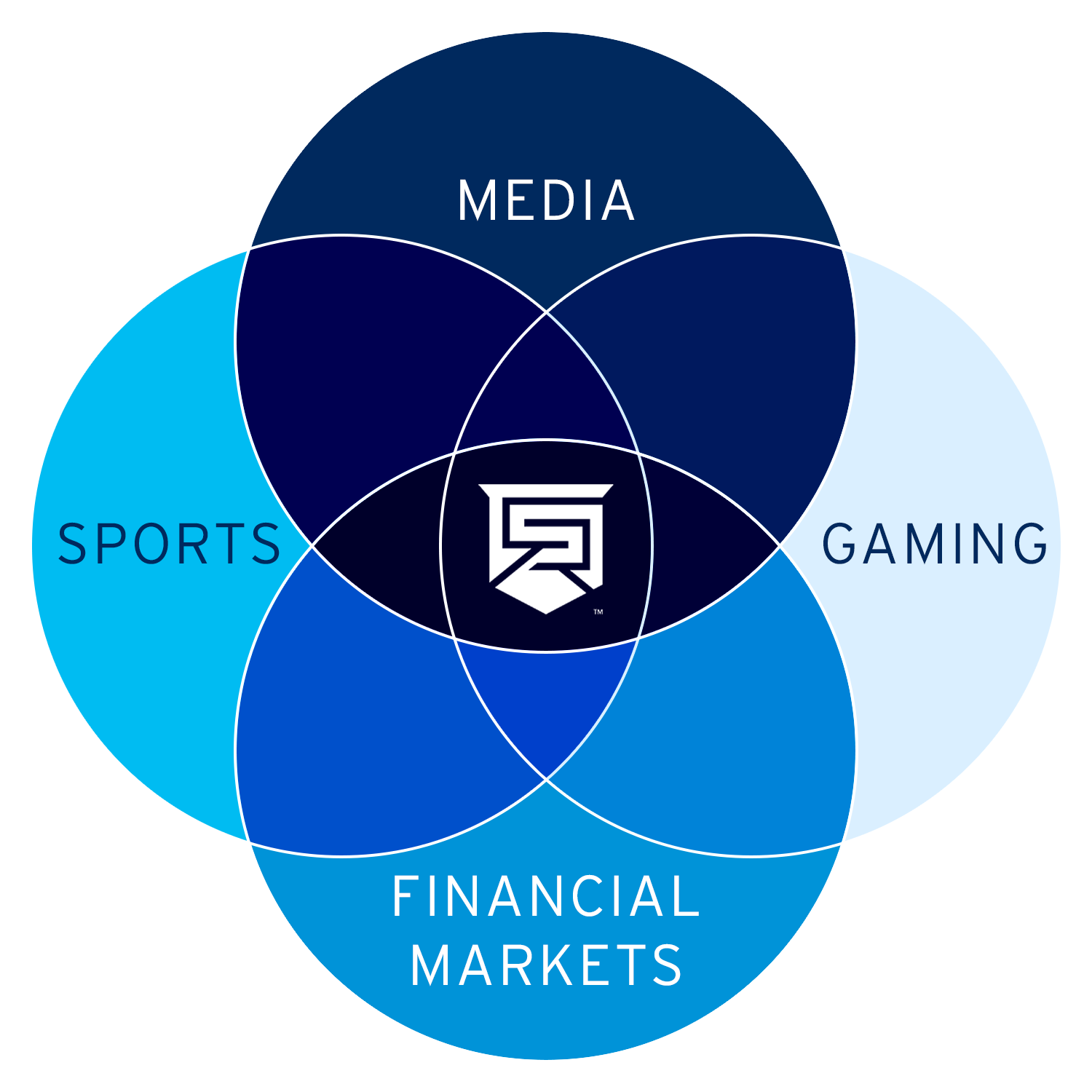
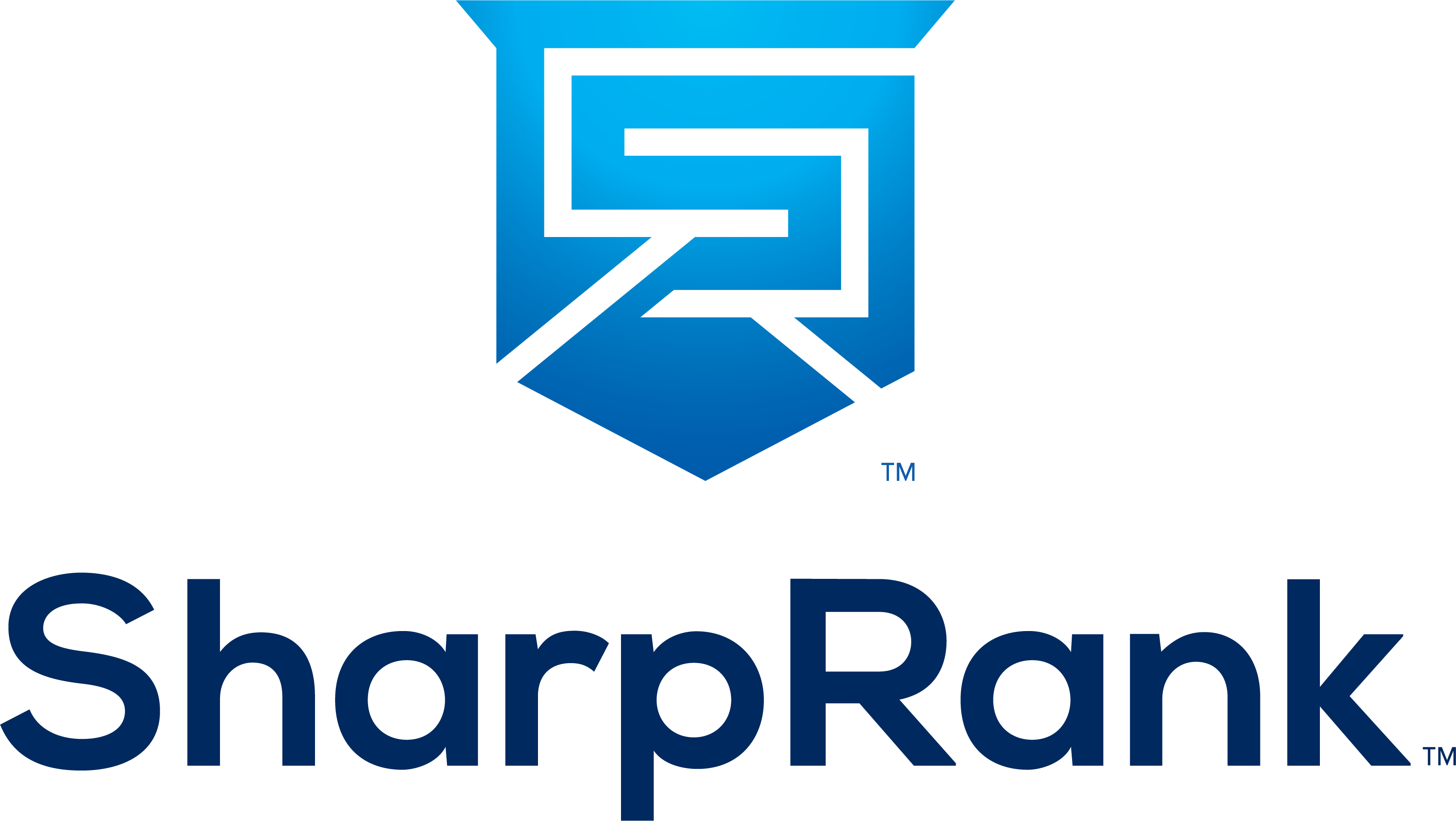
 Driving home from the beach in 2019, a radio ad touting an expert making statistically impossible claims about his ability to correctly predict outcomes of sporting events, guaranteeing the listener returns because the outcomes were fixed, and using the phrases “risk-free” and “insider information” did not sit well with the SharpRank founders. Coming from the financial services industries, had the founders guaranteed investors returns based on inside information, their licenses would be stripped, they would most likely be fined or face prison time, and would have a tough time ever working in the industry again. For the rest of the ride home, they discussed the dissonance between this new industry, sports betting, and their own, financial services.
Driving home from the beach in 2019, a radio ad touting an expert making statistically impossible claims about his ability to correctly predict outcomes of sporting events, guaranteeing the listener returns because the outcomes were fixed, and using the phrases “risk-free” and “insider information” did not sit well with the SharpRank founders. Coming from the financial services industries, had the founders guaranteed investors returns based on inside information, their licenses would be stripped, they would most likely be fined or face prison time, and would have a tough time ever working in the industry again. For the rest of the ride home, they discussed the dissonance between this new industry, sports betting, and their own, financial services.